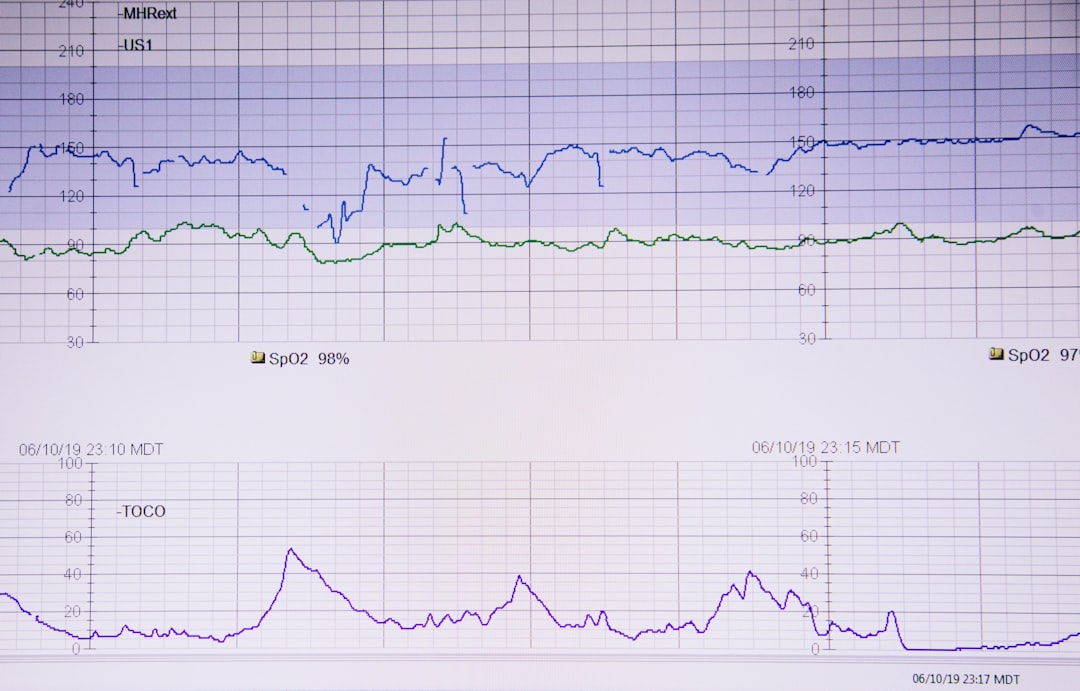What is it about?
Small molecule inhibitors targeting b-catenin/Tcf4 interactions
Featured Image
Why is it important?
Small molecules that block the interactions between b-catenin and Tcf4, a downstream stage of activation of the Wnt/b-catenin signaling pathway, could efficiently cut off this signal transduction and thereby act as a novel class of anticancer drugs. This paper reviews the currently reported inhibitors that target b-catenin/Tcf4 interactions, focusing on the discovery approaches taken in the design of these inhibitors and their bioactivities. A brief perspective is then shared on the future discovery and development of this class of inhibitors.
Perspectives
Mutations involving the wnt/b-catenin pathway often correlate with different types of cancer. Inhibitors to molecules in wnt/b-catenin pathway have been studied for a long time. However, most often, b-catenin can't be fully inhibited if not targeted directly. Recent research switched focus to small molecular inhibitors that directly target b-catenin. In this article, we will review small molecule inhibitors targeting b-catenin/Tcf4 interactions.
Guanqun Li
SUNY Upstate Medical University
Read the Original
This page is a summary of: Discovery of small molecule inhibitors of the Wnt/β-catenin signaling pathway by targeting β-catenin/Tcf4 interactions, Experimental Biology and Medicine, May 2017, SAGE Publications,
DOI: 10.1177/1535370217708198.
You can read the full text:
Contributors
The following have contributed to this page










